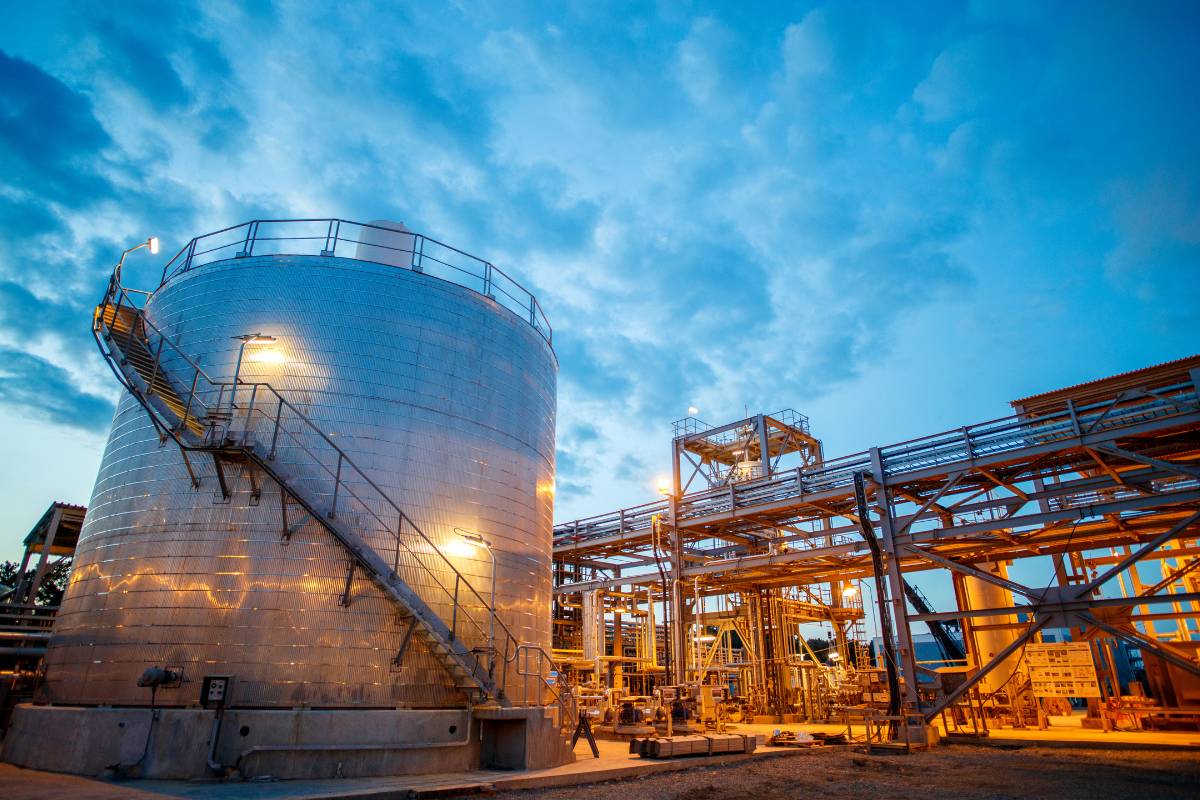Prioritizing Oil and Gas Amid Rising Costs in Renewables
Japan Petroleum Exploration (Japex) has decided to prioritize investments in oil and gas exploration and production (E&P) through 2030, deviating from its previous plan to expand aggressively into renewable energy. President Michiro Yamashita stated that high costs have made it difficult to achieve fair returns from renewables like offshore wind, prompting the company to focus on more profitable oil and gas ventures. This decision aligns with moves by other global energy companies that have also scaled back renewable investments due to lower returns, especially as profits from oil and gas have surged since Russia’s invasion of Ukraine, which disrupted energy supplies and drove prices up.
Japex had initially aimed to evenly split its profits between E&P and other businesses by the 2030 financial year to support the energy transition towards carbon neutrality. However, Yamashita revealed that the current earnings ratio—where E&P contributes 70%-80%—is expected to remain unchanged due to growth in the U.S. and Norway. Although the company remains open to selective investments outside of oil and gas, these will be pursued only if they offer viable returns.
Increased Investments and Expansion Plans
Japex has revised its investment strategy significantly. Originally planning to invest 230 billion yen ($1.5 billion) in E&P over nine years, the company now anticipates spending at least 1.5 times that amount. This shift is driven by crude prices that have far exceeded the company’s earlier estimate of $50 per barrel. Yamashita highlighted his main challenge as acquiring a tight oil operator in the U.S. and establishing a sustainable investment structure. He emphasized that Japex aims to finalize a deal by either this year or 2026, with investment per project likely capped at $300 million. This cautious approach stems from lessons learned from previous losses, including the exit from a Canadian oil sands project.
In Norway, Japex is working to enhance profitability by expanding production at an existing site and pursuing new exploration opportunities. The company also aims to strike a balance between shareholder returns, financial stability, and disciplined investments. Despite focusing on oil and gas, Japex is keeping an eye on liquefied natural gas (LNG) opportunities, driven by favorable U.S. energy policies under the Trump administration. However, it ruled out investing in the Alaska LNG project due to its large scale and unclear economic prospects.
Impact on Global Semiconductor Market
In related industry news, the rumored acquisition of Intel Corp’s struggling foundry business has sparked concerns about its potential impact on Samsung Electronics. The Trump administration’s proposal for Intel’s foundry, which faced a $19.2 billion loss in 2024, could hinder Samsung’s efforts to close the gap with Taiwan Semiconductor Manufacturing Co. (TSMC). With slow demand for conventional chips and rising R&D costs, Samsung’s memory business has been affected, putting pressure on its profitability.
Industry experts speculate that TSMC could leverage Intel’s U.S. factories to increase its market share, potentially reaching 75% from the 64.9% reported in the third quarter of 2024. This would likely come at the expense of Samsung, which currently holds a 9.3% share. Analysts also predict that the acquisition could lead to better capital efficiency, negatively impacting Semiconductor Capital Equipment companies like ASML Holding and KLA Corp.
As the semiconductor landscape continues to evolve, Samsung has responded by appointing Han Jin-man to lead its foundry unit, emphasizing a rapid scale-up using advanced 2-nm technology. However, with uncertainties surrounding U.S. tariffs and increasing competition, the company faces significant challenges in maintaining its position in the global chip market.
Visit Oil Gas Energy Magazine for the most recent information.












